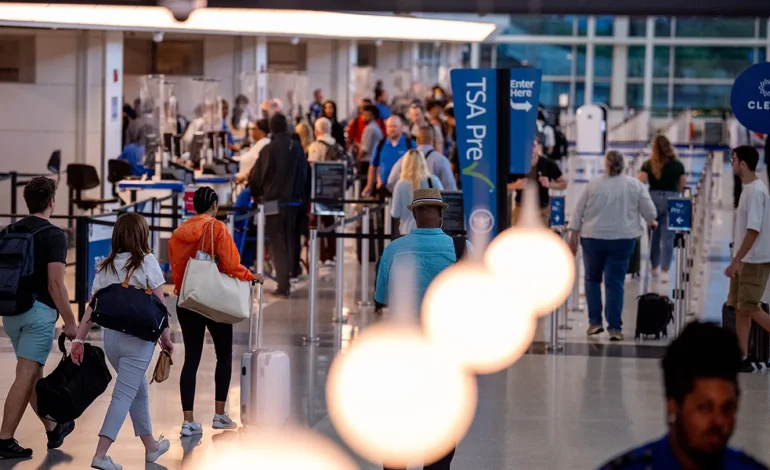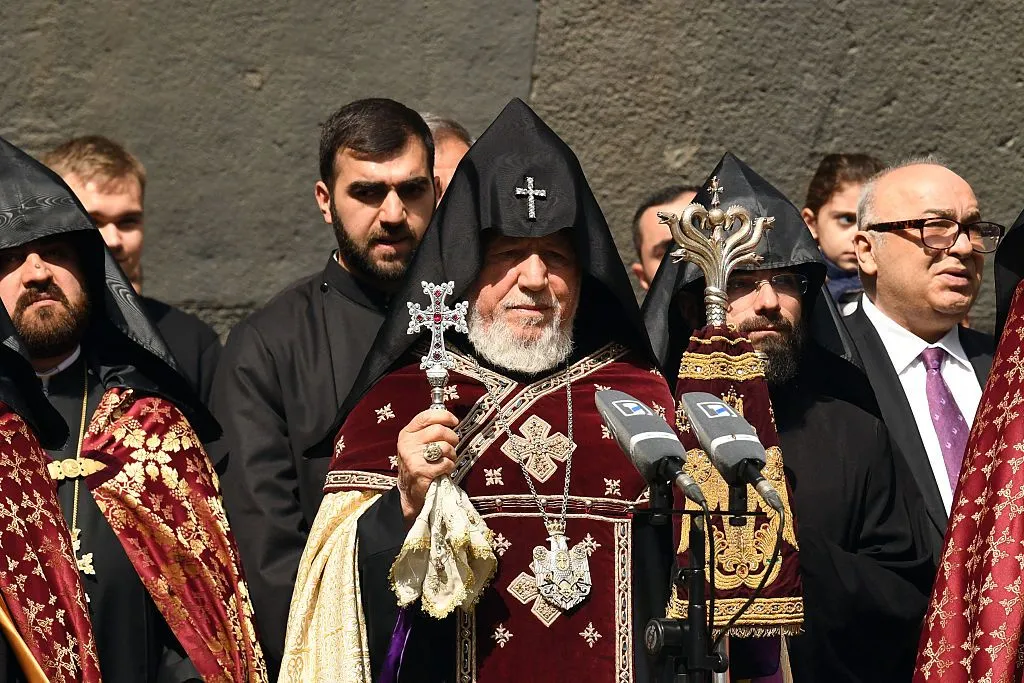DHS Shuts Down Controversial ‘Quiet Skies’ Surveillance Program, Citing Political Abuse, Lack of Results

The Department of Homeland Security (DHS) announced it is ending the controversial “Quiet Skies” surveillance program, which for years placed certain Americans under additional scrutiny at airport security checkpoints without formal charges or public explanation.
The program, which began in 2010 under the guise of counterterrorism, had come under growing bipartisan criticism in recent years. Critics said it functioned more as a secret watchlist than a proven security measure. DHS confirmed the program cost taxpayers roughly $200 million annually and failed to prevent any terrorist attacks during its operation.
In a statement, DHS Secretary Kristi Noem said the program had been politicized, particularly during the Biden administration.
“It is clear that the Quiet Skies program was used as a political rolodex of the Biden Administration — weaponized against its political foes and exploited to benefit their well-heeled friends,” Noem said. “I am calling for a Congressional investigation to unearth further corruption at the expense of the American people and the undermining of US national security.”
DHS also revealed that the program maintained both a watchlist and an exemption list. Those reportedly granted special status to bypass standard security included “foreign royal families, political elites, professional athletes, and favored journalists.”
Among the program’s most controversial episodes was the removal of William Shaheen, husband of Democratic Sen. Jeanne Shaheen of New Hampshire, from a TSA list after he contacted agency leadership in 2023. DHS officials said Shaheen had traveled three times with an individual flagged as a “known or suspected terrorist.” While the senator confirmed she had reached out to TSA over her husband’s “intense” screening experiences, her office claimed no awareness of any official watchlist.
The department also cited the case of Tulsi Gabbard, now Director of National Intelligence, who was reportedly placed on the “Silent Partner” Quiet Skies list during her time as a former cabinet member under President Trump. DHS did not clarify the reasons for her inclusion.
Civil liberties advocates welcomed the move to dismantle the program. The American Civil Liberties Union (ACLU), which challenged Quiet Skies in court and public campaigns, criticized the program for being opaque and invasive.
“The TSA is engaging in covert surveillance of travelers and raising a host of disturbing questions in the process,” ACLU National Security Project attorney Hugh Handeyside said in a 2018 statement. “What we’ve seen so far is troubling, which is why we’re demanding the TSA hand over records it’s been hiding from the public.”
In response to concerns, Noem said the Transportation Security Administration (TSA) will continue its core aviation security functions without resorting to politically influenced surveillance.
“The Trump Administration will return TSA to its true mission of being laser-focused on the safety and security of the traveling public,” Noem said. “This includes restoring the integrity, privacy, and equal application of the law for all Americans.”
With input from Fox News









The latest news in your social feeds
Subscribe to our social media platforms to stay tuned